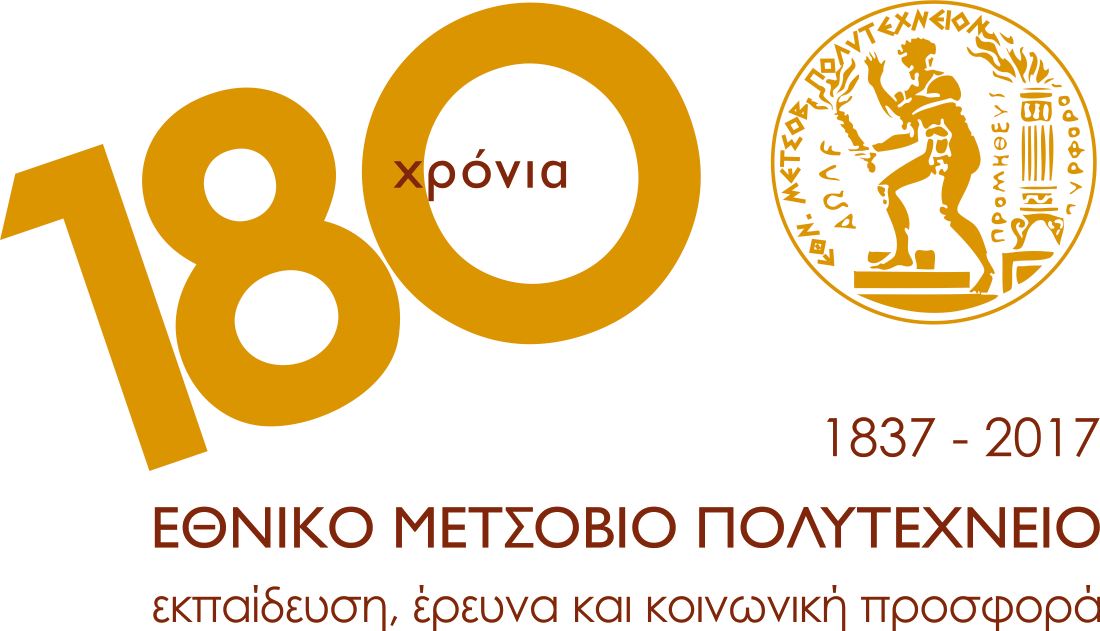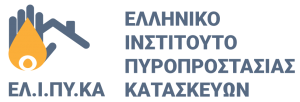| Integrated High-Temperature ELectrolysis and METHanaion for Effective Power to Gas Conversion |  |
|
|---|---|---|
| Start: 10.2018 – Duration: 48months | ||
| H2020-NMBP-SPIRE-2018 |
HMCS.NTUA is participating in the European project DESTINY: Development of an Efficient Microwave System for Material Transformation in energy INtensive processes for an improved Yield (H2020-NMBP-SPIRE-2018) along with 14 partners covering 9 European countries.
The DESTINY project aims to realize a functional, green and energy saving, scalable and replicable solution, employing microwave energy for continuous material processing in energy intensive industries. The target is to develop and demonstrate a new concept of firing for granular feedstock to realize material transformation using full microwave heating as an alternative energy source and complement to the existing conventional production. The DESTINY system is conceived as cellular kilns in a mobile modular plant, with significant advantages in terms of resource and energy efficiency, flexibility, replicability, scalability and a reduced environmental footprint.
The influence of the DESTINY solutions in terms of stability, process efficiency and characteristics of raw materials, intermediate/sub/final products will be investigated to improve performance of the industrial processes within 3 industrial sectors (Cement, Ceramics and Steel). New heating technologies, monitoring systems and numerical simulation tools will be used to drive the design and to excel in the outcome.
HMCS.NTUA role in the project:
- Techno-economic and environmental assessment through Life Cycle methodologies.
- Key Performance Indicators
- Numerical simulation of thermochemical and electromagnetic processes.
The DESTINY Kick-off meeting was held in Brussels-Belgium (30th-31st of October 2018), and its 2nd General Assembly meeting was held in Ancona-Italy (27th-28th of March 2019), where the progress and next steps of the project were presented.
For more information:
DESTINY
Linkedin
Cordis
This project has received funding from the European Union’s Horizon 2020 research and innovation programme under grant agreement No 820783.



